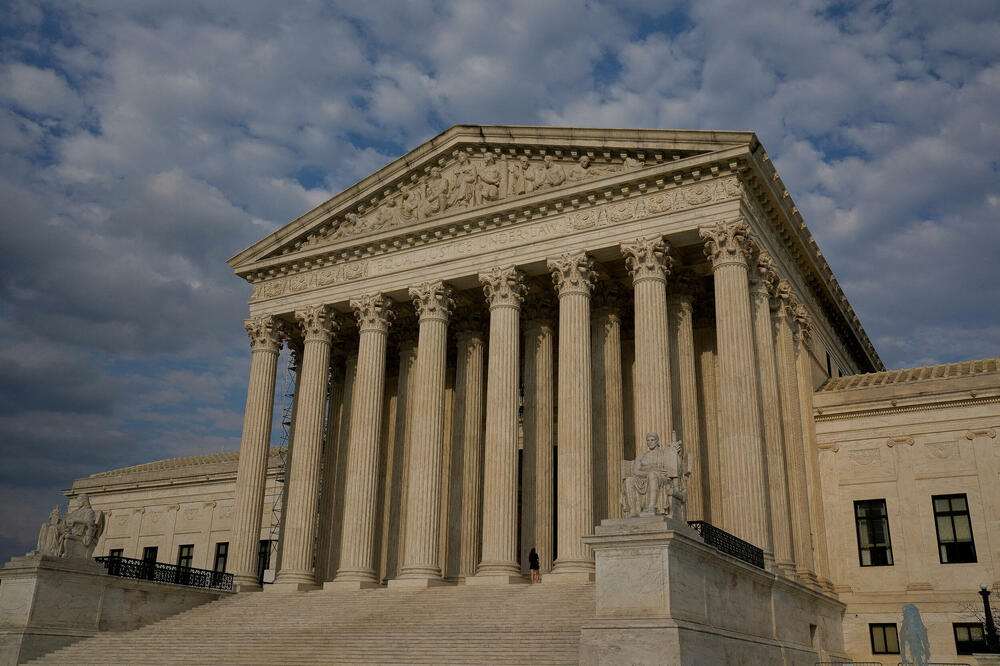The US Supreme Court will consider today whether doctors can perform abortions during emergency medical procedures in those federal states where higher courts have imposed a total ban on abortion.
The case was filed in Idaho, which is one of 14 US states where abortion is banned at all stages of pregnancy, and marks the first time the US's highest court has considered a state ban on the procedure since it was banned across the country in 2022.
The administration of the current US president, Joseph Biden, claims that, even in federal states where a complete ban on abortion is in force, the federal health care law dictates that termination of pregnancy must be allowed in rare emergency cases when the life or health of the patient is at serious risk.
Idaho argues that its ban has exceptions for life-saving abortions, but that allowing it in more emergency cases would turn hospitals into "abortion enclaves." That state claims the Biden administration is abusing the health care law.
The Supreme Court is expected to make a decision by the end of June.
Doctors believe that the ban on abortion in Idaho has already affected the provision of health care. More women whose conditions would normally require an abortion now have to be taken out of state for care, because in Idaho doctors must wait until they are close to death to perform abortions to avoid running afoul of the state's strict laws.
The Department of Justice filed a case against Idaho, arguing that the state's abortion law violates the Emergency Medical Assistance and Active Labor Act of 1986 (EMTALA), which requires hospitals to provide emergency care to every patient regardless of their ability to pay. .
Bonus video:




